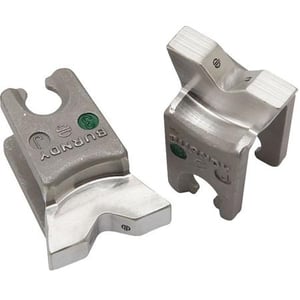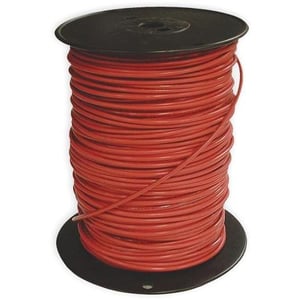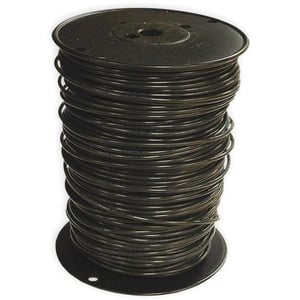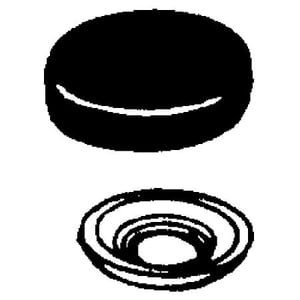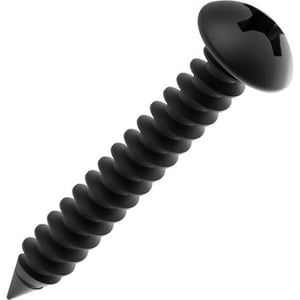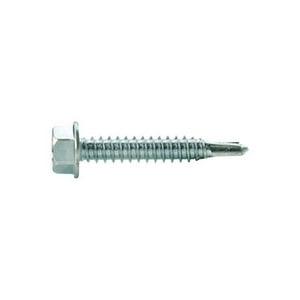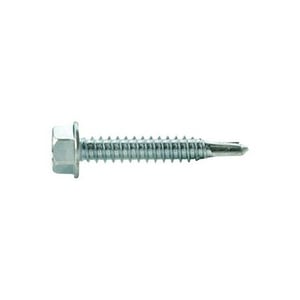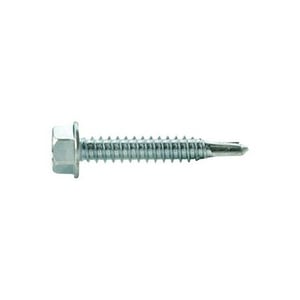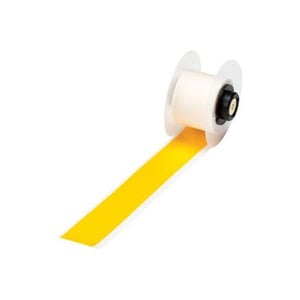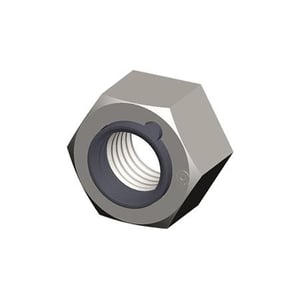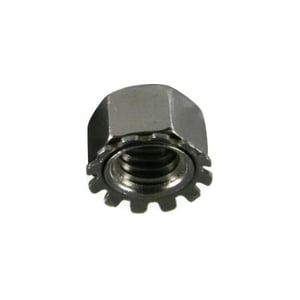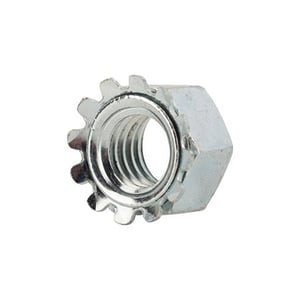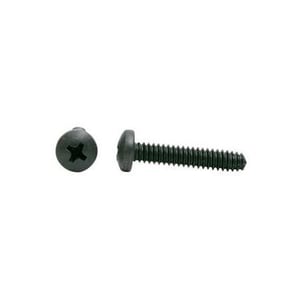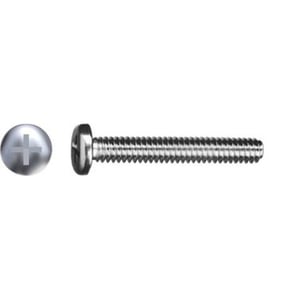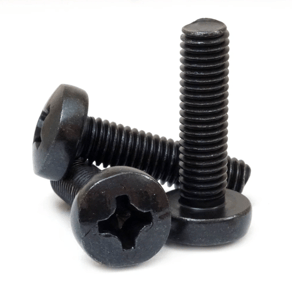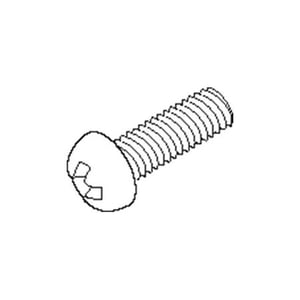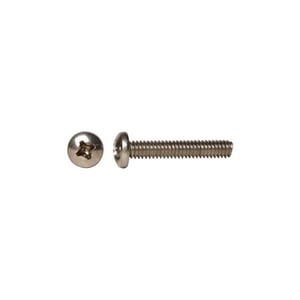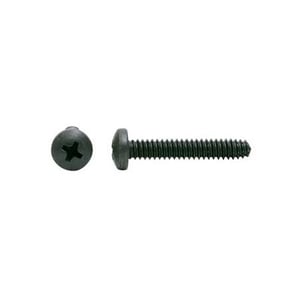Electronics and wifi have revolutionized our world, from communications to data transfer and beyond. As technology evolves, we invent better tools to enhance the installation, use, monitoring, and maintenance of these vital systems and networks.
The Importance Of High-Quality Network Tools
IoT (Internet of Things) devices allow businesses to monitor essential compliance metrics remotely, like gas emissions and oil leaks. IoT devices reduce costs and enable businesses to immediately understand when there’s a problem so they can more quickly implement a solution. They depend on a secure connection.
For example, in forestry, IoT sensors can measure soil UV light, soil moisture, rain, forest temperature, concentrations of gases, and more. There are parts of the forests that people can’t constantly monitor, but IoT devices make monitoring possible.
Operations run smoothly and safely when the networks are properly set up and maintained. The right networking tools and skilled technicians make that happen.
Common Network Tools And Their Uses
Here are some of the most common network tools and how they’re used.
Punch Down Tools
Network technicians use a small punch-down tool or krone tool to insert or ‘punch’ wires into a patch panel, keystone jack, or connection block.
Cutters, Scissors, And Pliers
You can use a wire cutter, scissors, or pliers to cut network cables to the right length.
Cable Crimper
A cable crimper crimps a metal connector onto the ends of wires to join two or more wires together.
Cable Stripper
Strip off the outer insulation from an electrical cable or wire without damaging the inner conductor using a cable or wire stripper.
Multimeter
A multimeter measures electrical parameters like current, resistance, and voltage.
Tone Generator
A tone generator identifies the path of a network cable by sending a signal down the cable and producing a tone at the other end. A probe detects the tone.
Cable Tester
Test the functionality of network cables with a handy cable tester to help you determine where there are opens, shorts, miswires, or crossed wires that can impede the network.
Heat Gun
You can use a heat gun for several purposes, including for heat-shrinking tubing and drying coatings, adhesives, and other materials.
Screwdriver Set
You definitely don’t want to overlook one of the most necessary tools in a network technician’s toolkit: the humble screwdriver. Our Radio Gagas’ screwdriver sets have various shapes and sizes, making loosening or tightening screws that much easier.
Cable Tie
A cable tie or zip tie is another simple tool in the toolkit that helps organize and secure cables.
Cable Management Accessories
No one wants to look at or trip over a mess of wires or deal with the tedious task of untangling interloped wires. That’s where cable management accessories come in.
Cable Trough
A cable trough is a long, narrow, enclosed channel or container that makes a protected path for cables. Our sturdy cable troughs can be mounted to a desk to tuck your wires neatly out of the way.
Cable Manager
Cable managers help you organize and conceal wires and cables in your office or home.
Modesty Panel
You place a modesty panel in front of your wires to obscure them.
Cable Sleeve
The sleeve of your jacket encases and hides your arm, and a cable sleeve does the same for your cables.
Cable Clips
Secure long wires and cables to a surface with cable clips.
Racks And Cabinets
Racks and cabinets store and protect networking equipment, such as patch panels, cables, and routers.
Network Cable Connectors
You'll need a network cable connector when you want to join two cables together or connect cables to devices. Different connectors work for different types of networks. For example, the RJ45 connector works for ethernet cable networking.
Types Of Network Cables And Their Applications
Ethernet, fiber optic, and coaxial cables all provide advantages.
Ethernet
An ethernet cable connects PCs, routers, and switches in a wired network. Ethernet cables are limited by length and are usually only up to 6 feet long.
Fiber Optic Cables
Fiber optic cables have one or more optical glass fibers that transmit signals in the form of light. The fibers are coated with plastic layers and a protective insulated casing. Fiber optic cables are effective for long-distance telecommunications.
Coaxial Cable
The coaxial cable transmits signals as electrons and low-voltage electricity. The cable has a copper conductor in the center covered by an insulating sheath. The sheath is encased in a second metallic conductor, which is protected with a plastic covering. Coaxial cables are commonly used to distribute cable TV signals.
Enhancing Network Performance With Quality Tools And Supplies
Our Radio Gagas’ team provides a range of effective network communication supplies to streamline and improve your installations, workflow, and workspace.
Where To Find Networking Tools And Cable Supplies
RadioGagas.com provides all the network communication supplies you need in one convenient place without you having to leave your house.
Frequently Asked Questions
1. What are the essential network tools required for setting up a network?
Here’s a list of the essential networking equipment you’ll need for setting up a network:
2. Where can I purchase networking tools and cable supplies?
Peruse our wide selection of quality networking tools and cable supplies from top-rated brands.
3. Are there any recommended brands for reliable network tools and supplies?
Radio Gagas offers the best, trusted brands for reliable networking equipment and supplies, including:
- 3M Company
- 3M Fall Protection
- AMERESCO Solar
- Advanced Cable Ties Inc
4. How do cable testers help in network troubleshooting?
You can find out if you have a continuous signal flow through the network cables with a cable tester.




